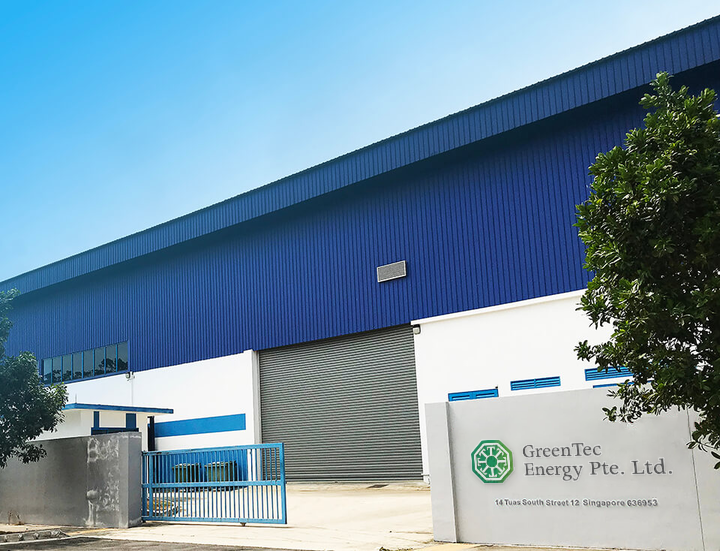Environmental Benefit of Oil-Water Separation
June 30, 2022

In mechanical or industrial processes, it is quite common for water and oil to mix. This can happen in a number of ways. Some situations, such as scrubbing the garage floor or washing down an oily engine, are unavoidable. Other issues, such as oil leaks or water accumulation in your fuel tank, can be avoided.
The mixture creates a suspension because oil is not soluble in water. It becomes more difficult to separate the suspension once it enters another medium, such as dirt, rivers, or big quantities of water. Likewise, if the oil-water suspension gets into your engine, it might damage it permanently.
Oil spill kits, centrifugation, distillation, and industrial filtering are some of the processes used to separate oil and water. If you're interested in the separation of oil-water mixtures in a variety of situations, this is the article to read..
In this post, we'll go over three major areas where separating oil-water suspensions is beneficial:
1. Environmental conservation
Oil removal from wastewater is an essential part of environmental protection. The following is a more detailed explanation of how oil spills can alter water bodies and soil properties:
a) Water contamination
When oil-contaminated wastewater is discharged into the ground or surface water, it ends up in ponds, lakes, and the ocean. By preventing oxygen from mixing adequately with the water, oil coatings can cover and suffocate marine life. Oily water produces an unnatural environment for aquatic species, putting their lives in jeopardy.
b) Soil contamination
Oil-water combinations that seep into the soil might cause long-term damage. Oil decreases the soil's aeration and water infiltration capacity. This hinders plants and other soil creatures from accessing the water and oxygen they require to survive. Furthermore, oil can remain in the soil for years, severely restricting the land's long-term agricultural output.
2. Oil and water recycling
Resource conservation is an important technique that saves a lot of money, especially for large businesses. Utility expenditures and production costs are considerably reduced when water and oil are recycled. By separating the oil from the water, you can reuse both fluids in different capacities.
Waste edible oils can be recovered from wastewater in the food processing industry. This edible waste oil is perfect for use as a raw material in the biofuel and tyre industries. Additionally, the water recovered after separation can be used for a variety of functions, such as cleaning or cooling system circulation.
3. Engine maintenance
Fuel-water separators are used in many modern diesel engines to prevent free water molecules from entering the engine. Excess water in your fuel can degrade your engine's performance and perhaps cause it to fail.
The presence of water in your fuel system can lead to rust and the growth of bacteria, among other problems. If left unchecked, these bring corrosive materials into your fuel system, which can cause long-term harm. Rust particles can contaminate your fuel, causing slow abrasion of your engine's internal components.
Conclusion
Separating oil-water suspensions have numerous advantages. You should invest in adequate oil-water separation systems whether you run a large factory or a small manufacturing unit. Separating oil from water not only saves money, but also helps to protect the environment for future generations.
At GTE, we offer the most cost-effective waste oil management solution that is also environmentally friendly. Our courteous staff is always ready to listen to and respond to your needs. Drop us a line to know more.
 GreenTec Energy Pte Ltd (GTE) is a waste management company located in Tuas, Singapore.
GreenTec Energy Pte Ltd (GTE) is a waste management company located in Tuas, Singapore.
Our service includes Industrial waste, Oily waste, Marine waste.
To provide a hassle free solution to our customer is always the key approach and to ensure a win-win situation towards. As a NEA approved environmental company in Singapore, we take all our services seriously and to ensure maximum safety with compliances applied. Every step of our disposal processes are also designed to meet NEA & SCDF requirements, with latest treatment facilities and laboratories to test and treat all incoming waste before disposal.
GTE operates a total land area of about 100,000sqft at 14 Tuas South Street 12 Singapore 636953. With our comprehensive logistics and transportation fleet, we provide prompt and efficient services in transportation of waste to our premises.



